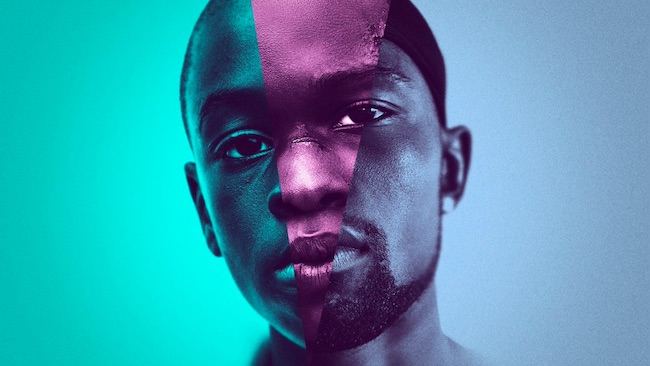These Tone-Deaf Reviews of Moonlight and Hidden Figures Are Why We Need Critics of Color

The UK Sunday Times‘ reviews of Moonlight and Hidden Figures took tone-deaf whiteness to new heights, perfectly illustrating why newspapers need to hire black editors and critics–or at least educate their white staff. These sorts of reviews should just never make it to the printer.
Now, before we get into it, I want to throw out the tragically-necessary-because-we-live-in-a-nightmarescape reminder: women get enough harassment online for having opinions in public, so keep any criticisms of the reviewer Camilla Long on-point and not violent or sexist. Cool? Cool.
So, Camilla Long wrote a double review of Moonlight and Hidden Figures that has been rightfully criticized for both its tone-deafness and casual racism. For example, she opened her review of Moonlight with the following:
“The received wisdom on Moonlight, a film about gay love in the black ghetto, is that it is ‘necessary’ and ‘important’. It is an ‘urgent’ and ‘relevant’ examination of forbidden attraction in a world, ‘the streets’, that is largely hostile to gay men.
Only, relevant to whom? Certainly not the audience. Most will be straight, white, middle class. Nor is it particularly ‘urgent’: the story has been told countless times, against countless backdrops.”
Long skates around a legitimate criticism. It’s true that the most critically lauded films about the black experience are often those that cater best to the pre-conceived notions of the predominantly white critic class. One could point out that Moonlight‘s depictions of black homophobia actually reinforce existing white assumptions. Or one could point out that many white viewers who praise Moonlight will head right back home to predominantly white neighborhoods and companies, their real-life relationships to white privilege uncomplicated and unchanged. But that is not what Long’s article actually says. Instead, it suggests that black viewers are either too ignorant, or not artsy enough, to go see Moonlight. Only white, middle-class, straight viewers will be interested in this film–after all, it’s queer, well-made, and won awards! Black people don’t like high art! Ugh.
Also, even if Moonlight were seen predominantly by white people…racism is predominantly perpetrated by white people. Many toxic ideas about black masculinity stem directly from white fear and demonization of black men. In a world of frequent police violence against unarmed black men, isn’t a film that asserts those men’s humanity ‘urgent’ indeed, regardless of who sees it?
Lastly, please point me to all these “countless” films about gay black men–I can’t wait to watch them!
Long’s review of Hidden Figures was similarly tone-deaf, and it pulled a classic second-wave feminist move by trying to erase the uniqueness of the protagonists’ experiences as black women.
“Another movie that has been called ‘necessary’ and ‘urgent’, without actually being necessary or even remotely urgent — it is set in 1961 — is the civil-rights film Hidden Figures. I say it is a civil-rights film, but many of the difficulties facing the black women who worked as mathematicians at NASA occurred less because they were black, more because they were women.”
Of course, we all know that no human being has ever been both black and a woman at the same time…Oh, wait. While it’s true that the real-life inspirations for Hidden Figures shared some of the same experiences of sexism as their white female colleagues, it’s illogical to insist on separating sexism and racism when the effects of the two are so often intertwined for black women. That’s why misogynoir is a term.
Long’s reviews are a perfect example of why media outlets would benefit from hiring critics of color. Long is welcome to take issue with some elements of these films–Moonlight‘s critical hype and slow plot, Hidden Figures‘ by-the-book storytelling structure–but she needs to do so in a way that isn’t also casually racist.
Works by and about marginalized people deserve to be analyzed effectively, passionately, and critically. Awards darlings can certainly be overhyped–but not because racism is over and we’ve had too many movies about gay men. Space race movies can indeed be overly dramatic–but not because they condemn racism too strongly. There are dozens of fair, rigorous ways to criticize films like Moonlight and Hidden Figures, but dismissiveness just isn’t one of them.
(Via Twitter and The Sunday Times; image via A24)
Want more stories like this? Become a subscriber and support the site!
—The Mary Sue has a strict comment policy that forbids, but is not limited to, personal insults toward anyone, hate speech, and trolling.—
Follow The Mary Sue on Twitter, Facebook, Tumblr, Pinterest, & Google+.
Have a tip we should know? tips@themarysue.com